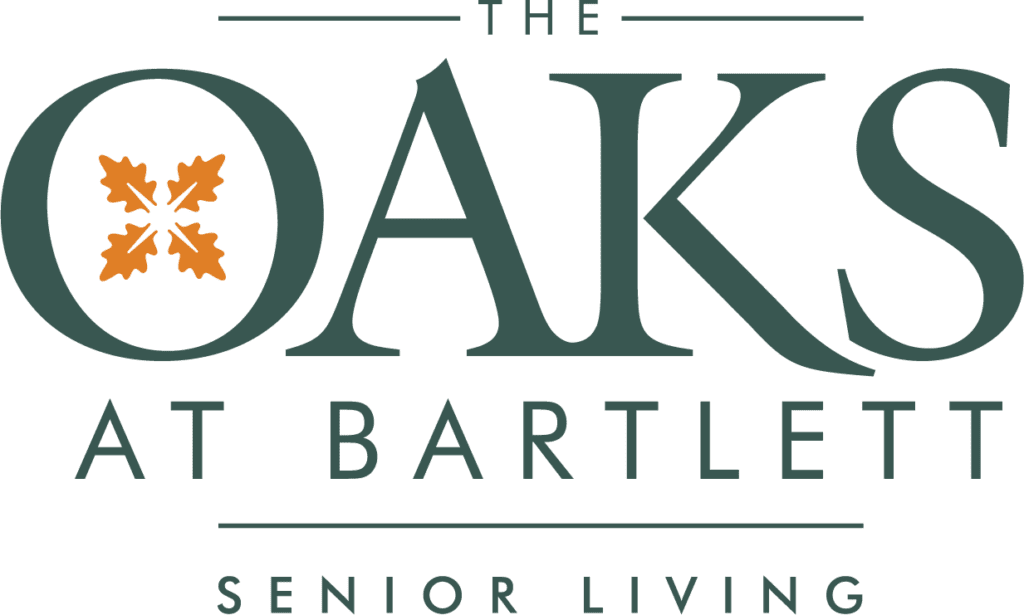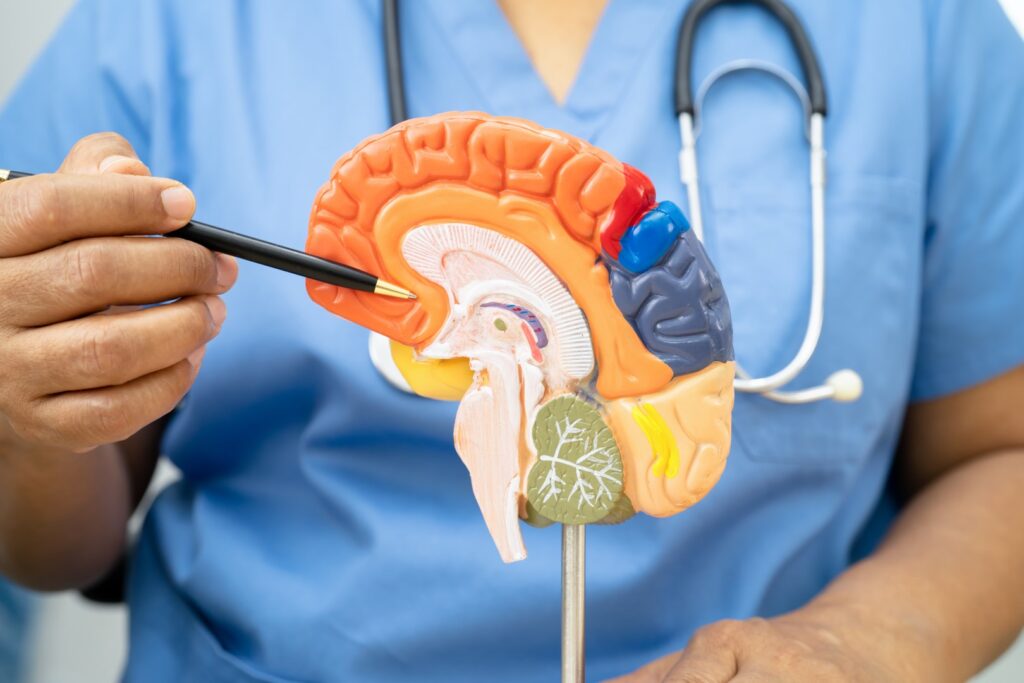A stroke is a medical emergency that occurs when the blood supply to part of the brain is interrupted or reduced, preventing brain tissue from receiving essential oxygen and nutrients. This disruption causes brain cells to die, leading to damage that can affect speech, movement, memory, and other critical functions. Strokes are a leading cause of disability and death in older adults, but the good news is that many strokes are preventable with proper lifestyle choices and awareness. Here’s a closer look at the risk factors, symptoms, and prevention strategies for strokes to help you or your older loved ones stay safe and healthy.
Signs of a Stroke: What to Look For
Recognizing the signs of a stroke and seeking immediate medical care is crucial for minimizing damage and improving recovery. The quicker someone receives medical attention, the better their chances of recovery. The acronym FAST is a simple way to remember the most common warning signs of a stroke:
- Face drooping: Is one side of the face numb or drooping?
- Arm weakness: Is one arm weak or numb?
- Speech difficulty: Is speech slurred or hard to understand?
- Time to call 911: If any of these signs are present, call 911 immediately.
Stroke Risk Factors for Seniors
Aging increases the likelihood of stroke, but other factors can also increase the risk. Understanding these risk factors can help you or your loved ones take preventive action.
- High Blood Pressure: Uncontrolled high blood pressure is one of the leading causes of stroke. Manage blood pressure through regular check-ups, medication, diet, and exercise.
- Diabetes: Diabetes can cause damage to blood vessels over time, increasing the risk of strokes. Controlling blood sugar levels is critical for prevention.
- High Cholesterol: Excess cholesterol can lead to the formation of blood clots that block arteries and cause strokes. To decrease your risk, it is important to manage cholesterol levels through diet, exercise, and medication.
- Smoking: Smoking damages blood vessels and increases the likelihood of clots forming, making smokers more prone to strokes. If you smoke, quitting is one of the best things you can do for your health.
- Heart Disease: Conditions like atrial fibrillation (AFib) and heart attacks can lead to blood clots that cause strokes. Regular monitoring and treatment of heart conditions are crucial to stroke prevention.
Strokes are a serious concern for seniors, but by increasing awareness and taking preventive steps, many can be avoided. At The Oaks at Bartlett, we prioritize the health and safety of our residents, offering personalized care and support to promote well-being and prevent serious medical conditions like strokes.
If you or a loved one are interested in learning more about the specialized care we offer, contact us today to schedule a tour and meet our compassionate team.

